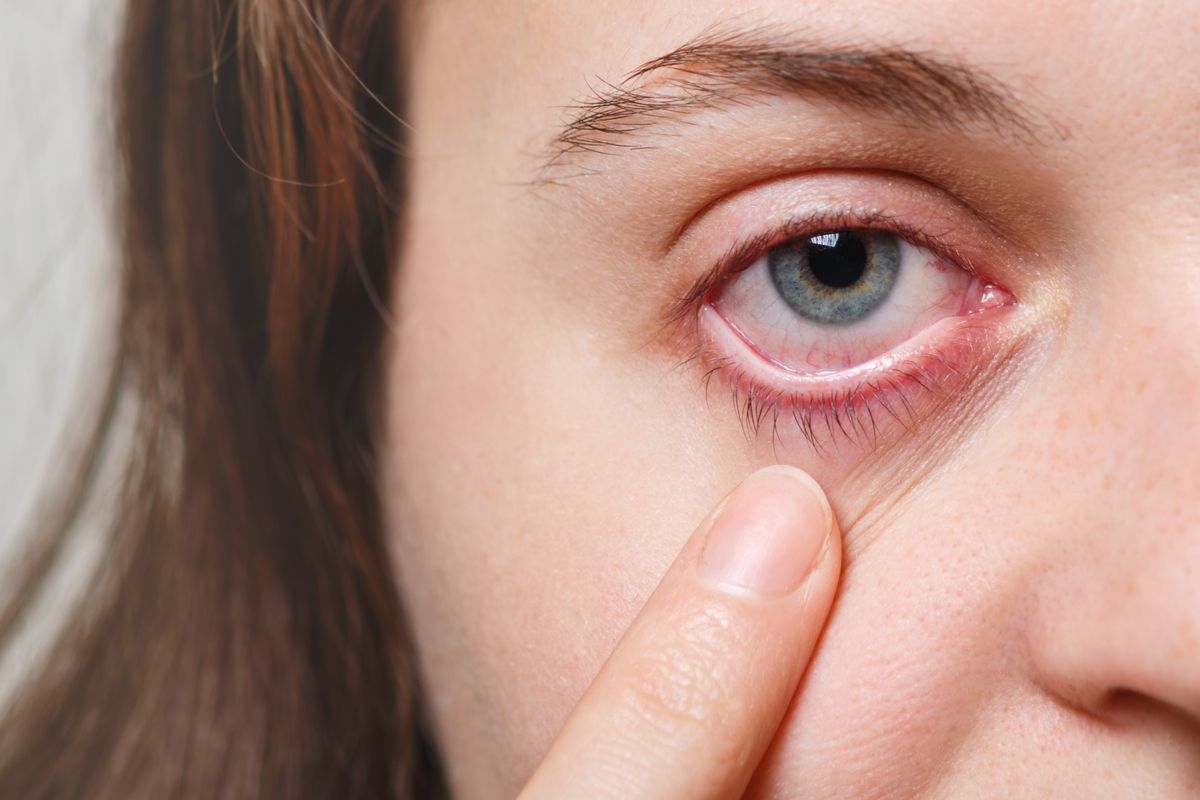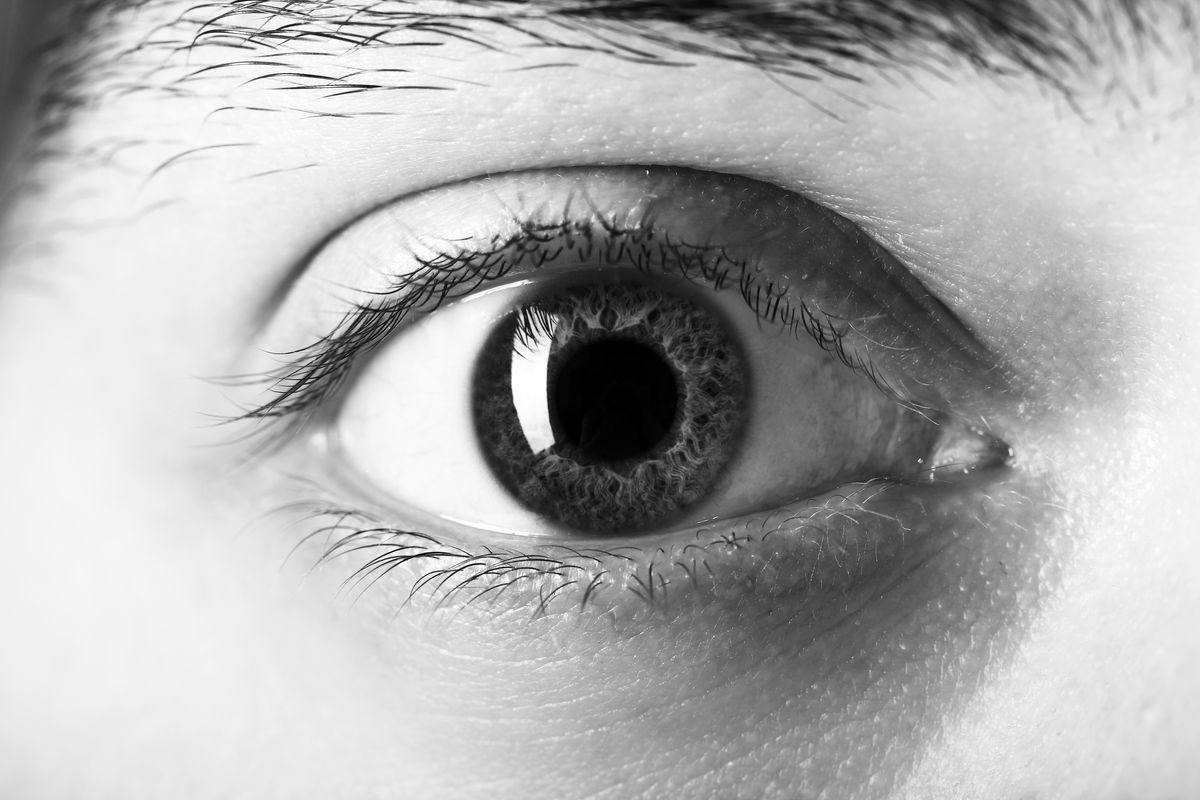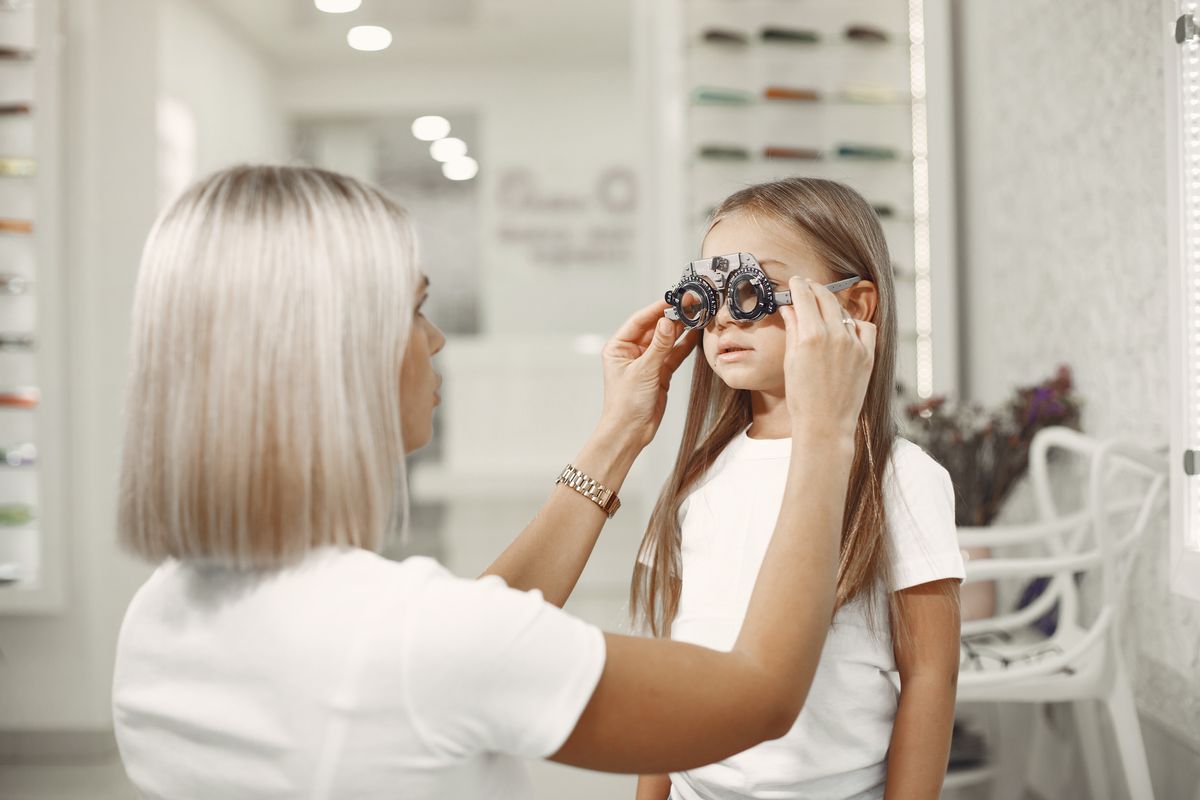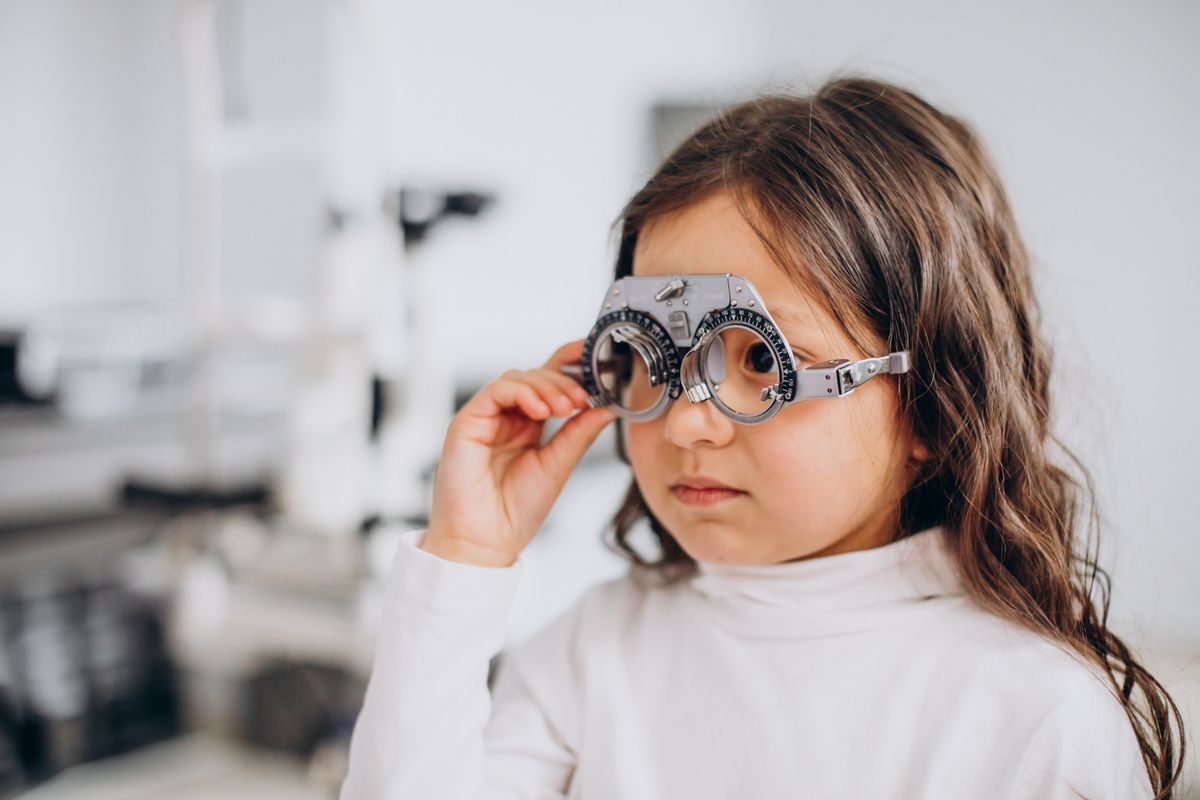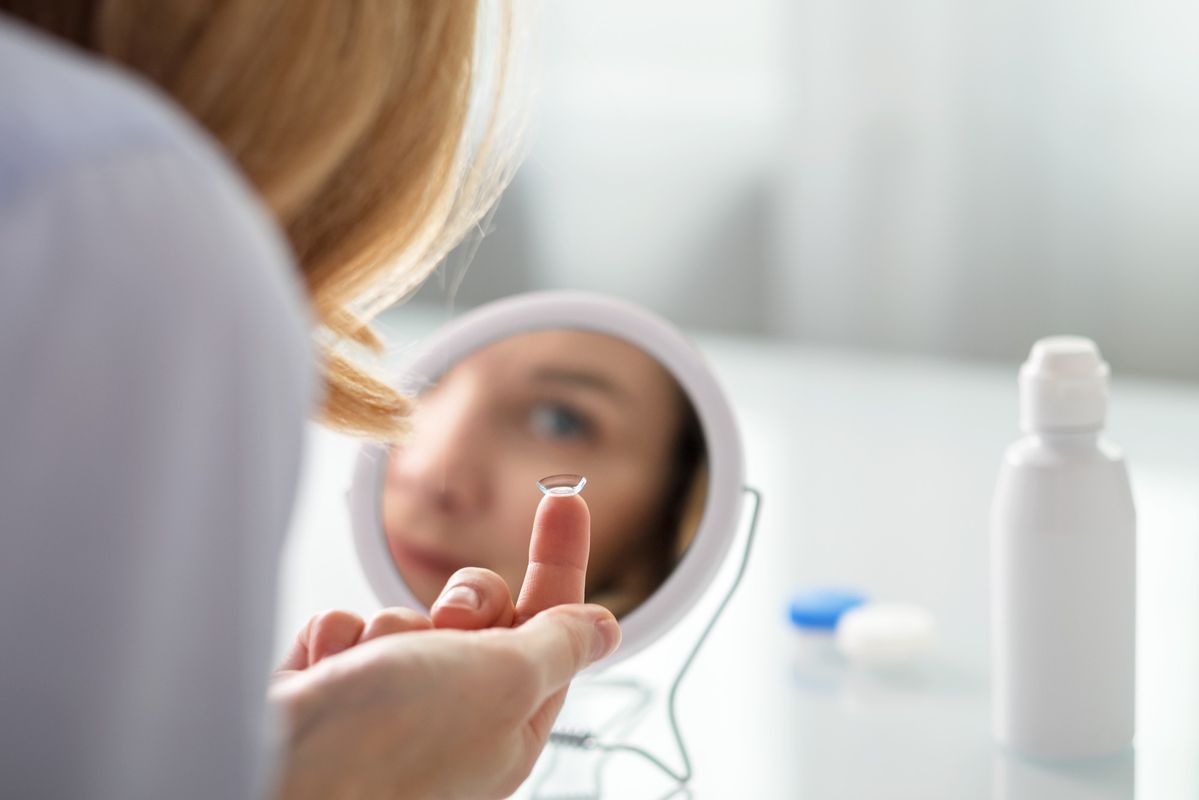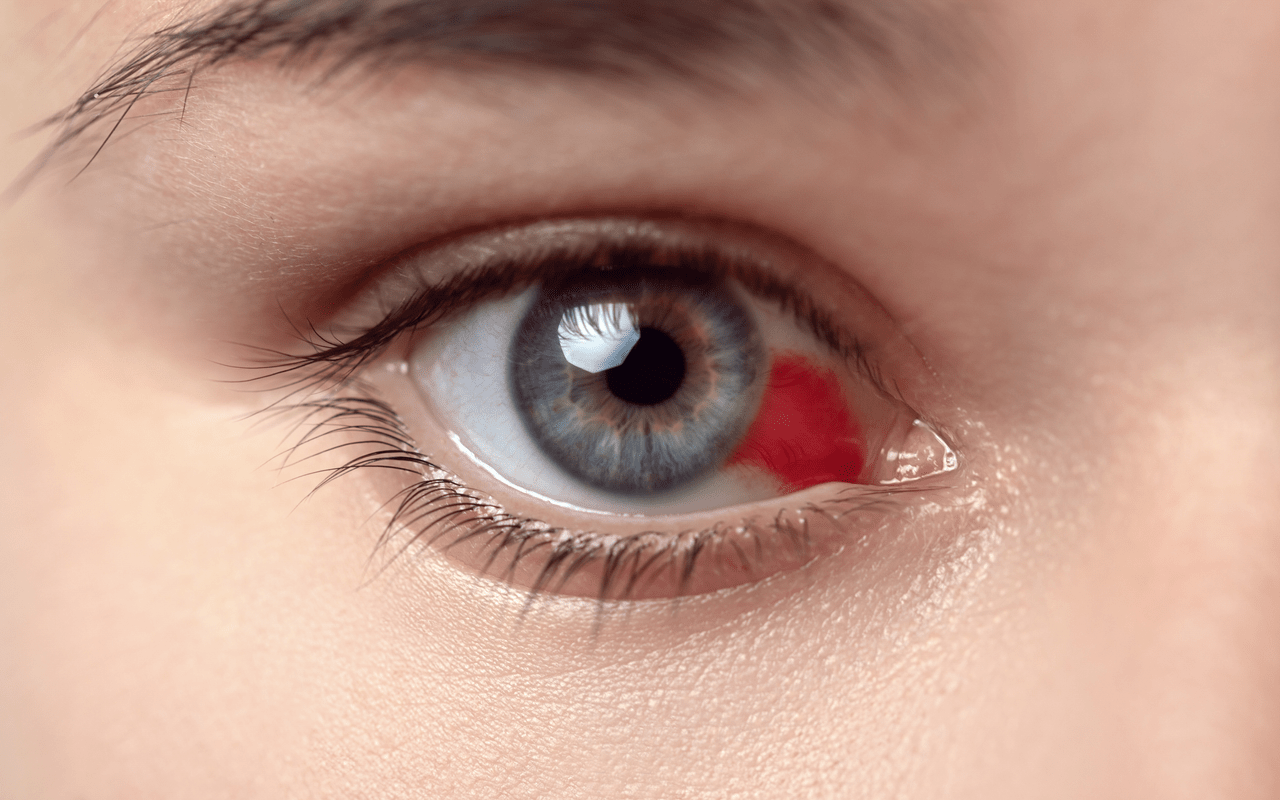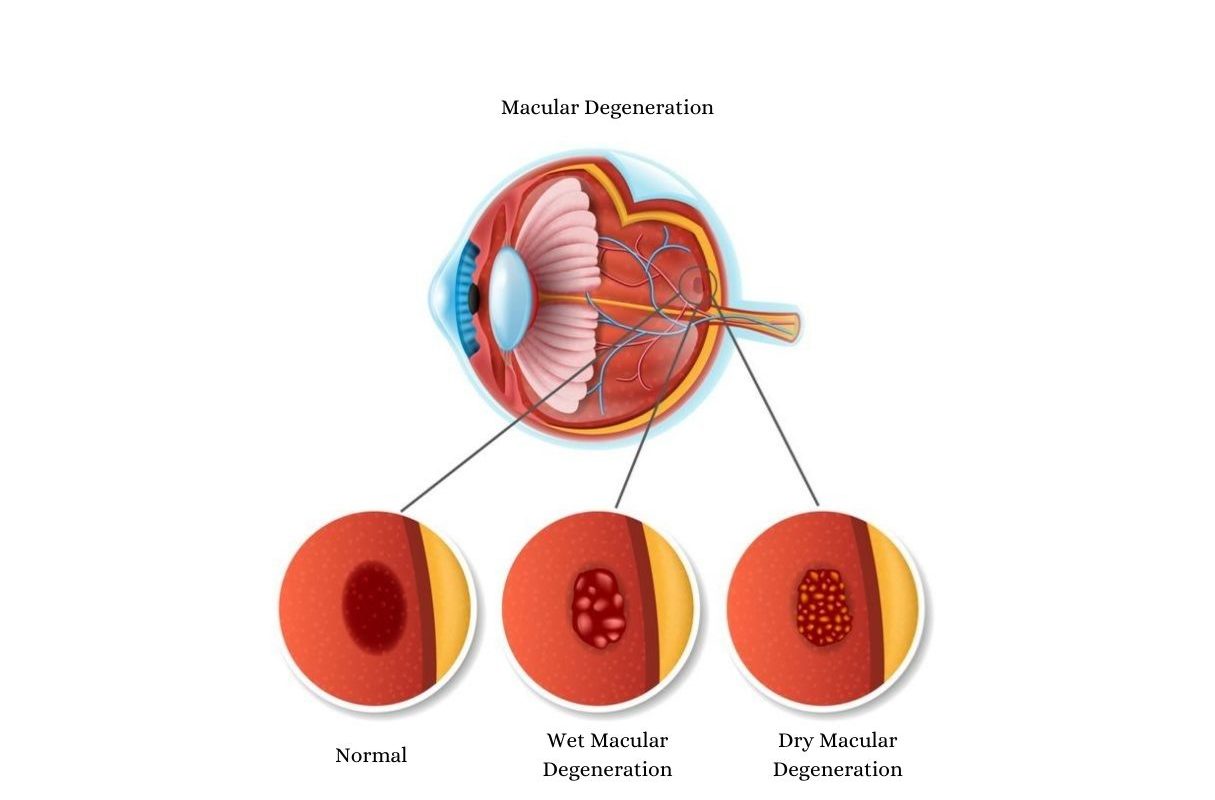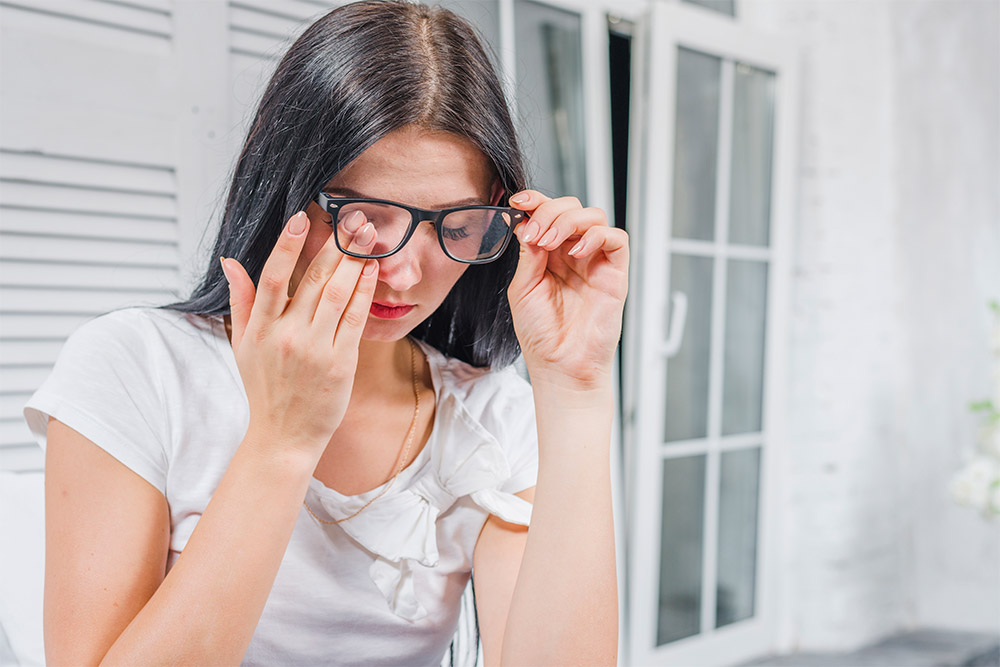Eye herpes, also known as ocular herpes, is a viral condition of the eye caused by the herpes simplex virus (HSV). In most cases, eye herpes affects the cornea of the eye when it is called herpes keratitis. Herpes around the eye can affect the superficial cells of the cornea or the main body of the cornea. Eye herpes is usually transmitted when a person touches a cold sore on their lip and then their eye, oral contacts such as kissing or sharing food, eating utensils or a toothbrush.
Types of eye herpes:
There are two main types of eye herpes including:
- Epithelial keratitis– is one of the most commonly occurring herpes of the eye wherein the virus is active in the thin outermost layer of the cornea, known as the epithelium.
- Stromal keratitis– is a more serious condition because over time and repeated outbreaks cause enough damage to your cornea to cause blindness.
Symptoms of Eye Herpes:
An ocular herpes outbreak is diagnosed with various signs and symptoms associated with it. Experiencing inflammation of the cornea giving rise to irritation or sudden and severe ocular pain, or a supremely cloudy cornea leading to blurry vision are some of the indications.
Other symptoms of eye herpes include:
- The feeling of something being in the eye
- Light sensitivity
- Redness
- Blurred vision
- Swelling around the eyes
- Inflamed eyelids (blepharitis)
What causes eye herpes?
The virus enters the body due to the nasal secretions or spit of a person with the infection. Upon entering, it travels through the body’s nerves including the ones in your eye. The virus could initially be dormant but certain triggers like fever, major surgical or dental procedures, stress, sunburn, trauma or severe injury can facilitate its reproduction causing eye irritation. Some causes include:
- Major surgical or dental procedures
- Trauma
Diagnosing eye herpes
Ophthalmologists, or eye doctors, begin diagnosing your herpetic eye disease by asking in-detail questions about the symptoms. That is followed by an eye exam to evaluate your vision, sensitivity to light, and eye movements using a special microscope (slit lamp) to visualize the eye’s surface and the eyelid.
As part of the diagnosis, you may be asked to give a small cell sample from a blistered area for lab testing to check the presence of HSV. Another option is a fluorescein eye stain test to look at the dye stains in your eye and identify any problems with your cornea, such as scarring.
Eye herpes treatment
There is no cure for herpetic eye disease currently. Your doctor will prescribe antiviral medications to reduce the effects and symptoms of the condition. It could be medicated eye drops, ointments or oral medications, depending on the location and severity of your eye herpes. Your treatment will also differ depending on whether you have epithelial keratitis (the milder form) or stromal keratitis (the more damaging form):
- Epithelial keratitis treatment – take antiviral medication to minimize cornea damage and vision loss. A common treatment is the oral medication acyclovir (Zovirax) because it doesn’t come with some of the potential side effects of eye drops. Your doctor may also perform debridement to remove diseased cells wherein they gently brush the surface of your cornea with a cotton swab after applying numbing drops.
- Stromal keratitis treatment – In this case, prefer antiviral therapy and take steroid (anti-inflammatory) eye drops to reduce swelling in the stroma.
Although eye herpes is not curable, you can minimize the eyesight damage during sudden outbreaks at the first sign of the symptoms. Contact your doctor to schedule an eye check-up today. That is because the sooner your treatment begins, the lesser significant damages your cornea will face.
Dr. Azhar I. Salahuddin is an ophthalmologist and is fellowship-trained in cornea, external diseases, and refractive surgery. Dr. Salahuddin has been performing cataract surgery for over 19 years and specializes ocular reconstruction, corneal transplantation surgery as well as vision correction through a variety of intraocular lenses. Dr. Salahuddin is board-certified by the American Board of Ophthalmology and was trained at Boston University.



